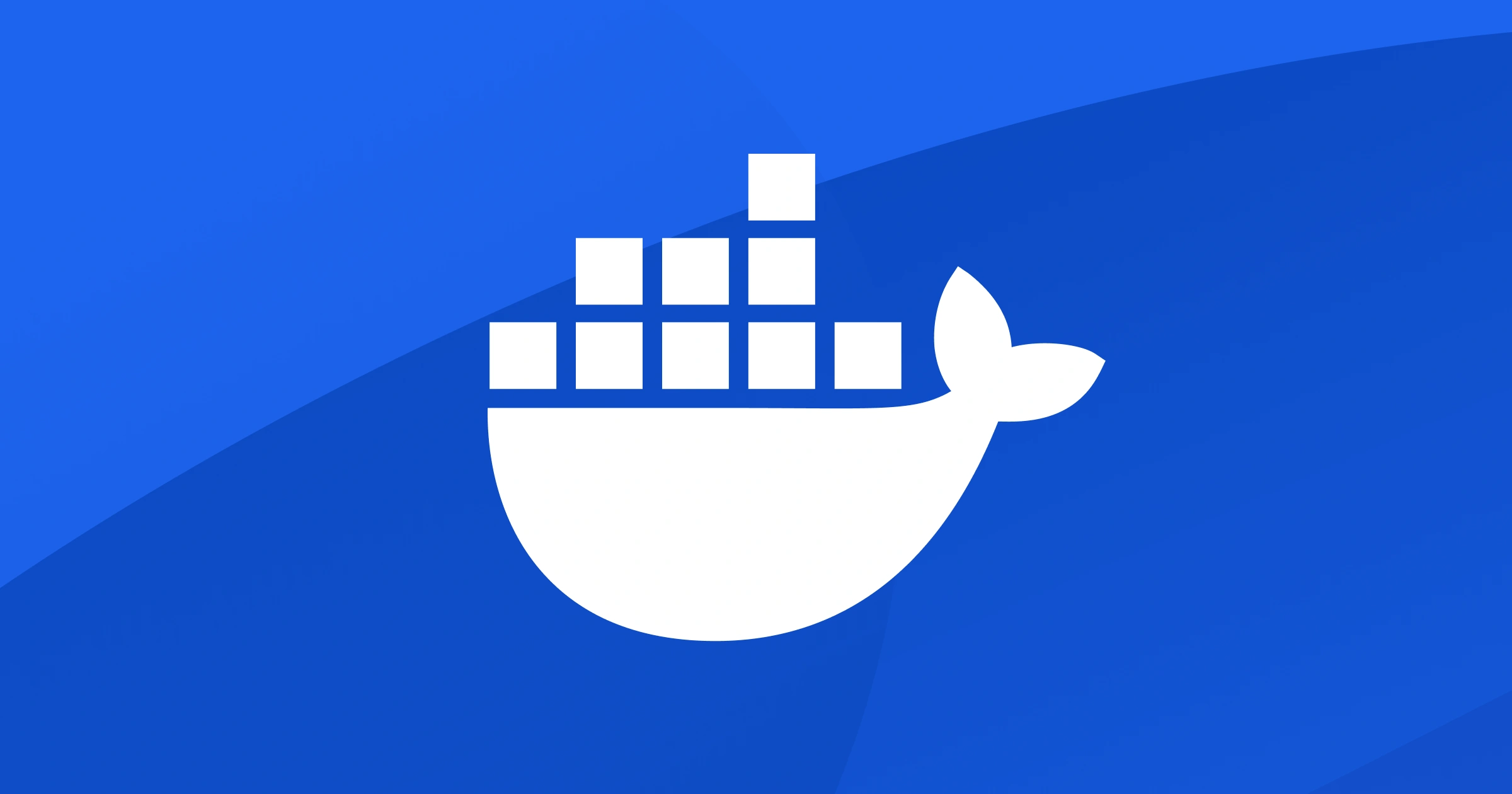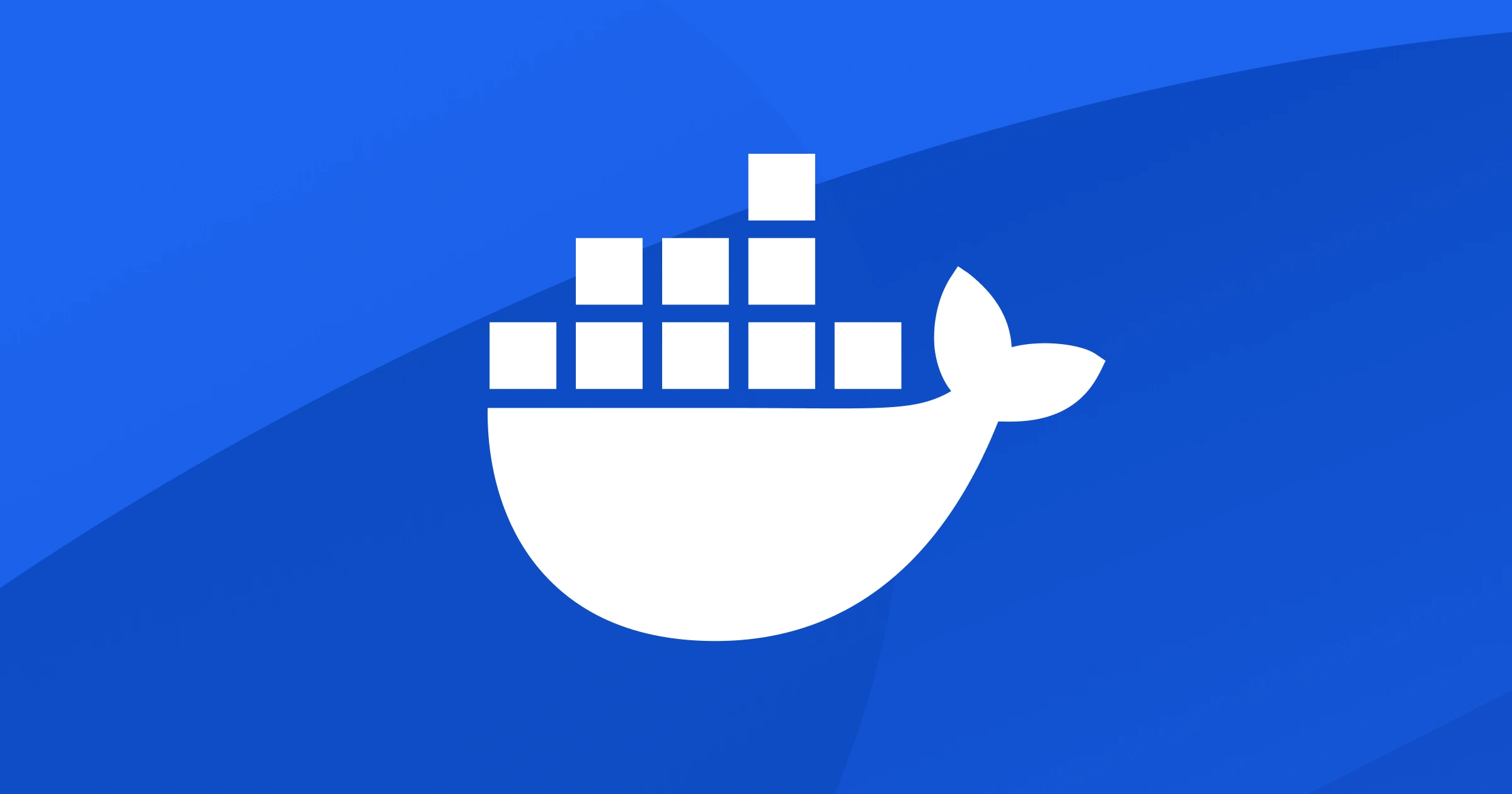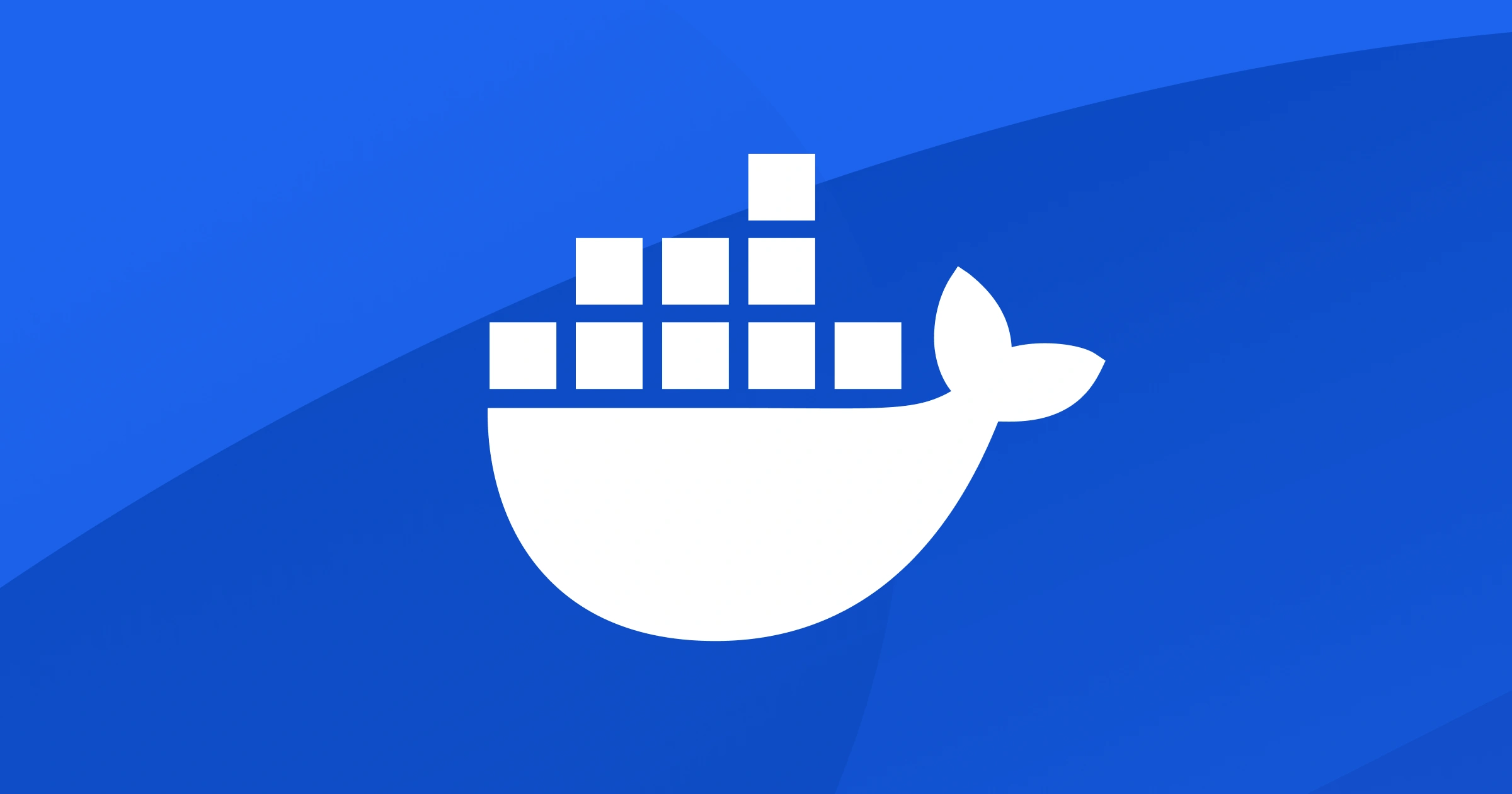Docker Hub limiting unauthenticated users to 10 pulls per hour
Docker Hub limiting unauthenticated users to 10 pulls per hour

docs.docker.com
Usage and limits

AFAIK every NAS just uses unauthenticated connections to pull containers, I'm not sure how many actually allow you to log in even (raising the limit to a whopping 40 per hour).
So hopefully systems like /r/unRAID handle the throttling gracefully when clicking "update all".
Anyone have ideas on how to set up a local docker hub proxy to keep the most common containers on-site instead of hitting docker hub every time?
